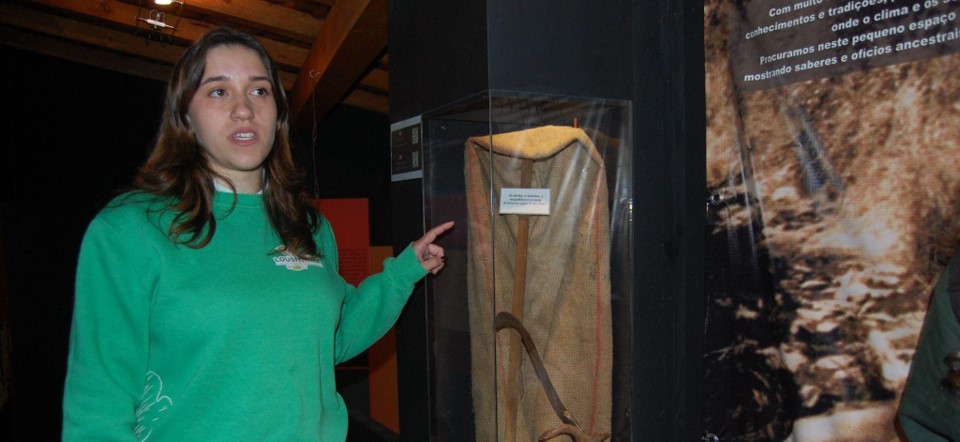Lousitânea – Liga de Amigos da Serra da Lousã, is a non-profit association headquartered in Aldeia do Xisto de Aigra Nova, Góis, established on December 3rd 2003, by Fátima Curado, Fernando Romão, and José Augusto Pais in Castanheira de Pêra (from which it was later transferred in the Schist Village of Aigra Nova in Gois so that they are closer to the field of operation). Its leadership consists of local inhabitants which aim to conserve and promote the natural and cultural heritage of Serra da Lousã. Its area of operation encompasses the municipalities of Castanheira de Pêra, Figueiró dos Vinhos, Góis, Lousã, Miranda do Corvo, Pedrógão Grande, and Penela.
The programme operates in 27 villages, 4 of which are in the Gois Municipality. One of the villages is Aigra Nova where the association runs an Eco-Museum (Ecomuseu das Tradições do Xisto), Environmental Interpretation Center and a Tree Maternity Center.
The programme also undertakes a diverse amount of activities around the area. Some of which focus on the environmental part and others on the cultural. They are also trying to engage with the local community to revitalize tradition and make children aware through school replanting programs. “If we lose them we lose the information and the traditions”, said Lucas, one of the founders. There are also many ongoing trail making projects such as the Valley Ceira project in which a 18 kilometers road is being formed and the formation of a 100 kilometers of walking route network. In this network they have also installed Geocaches which are part of a GPS treasure hunt, attracting more tourists and inviting them to explore the area. Tourists are also welcome to take part in tours of the nearby ecosystems, the routes of which depend on their likes and season. An example is the visit during the mating session. Lastly they managed to bring back to life “Entrudo” which was a local tradition for many years where the locals would wear wooden masks and go around the village. Today they host this annually attracting many visitors.
Are there any problems with this you may ask? “The whole project is a challenge”, said Luca. He explained that during the year there is a “high season” and “low season” allowing for income only during the summer and leaving the work for the winter. The accessibility is also an issue considering that the village is remote and only houses 2 residents.
Despite the challenges, the association is highly supported by the local community. Different collaborations are being made managing to mark it as auto-sustainable.



